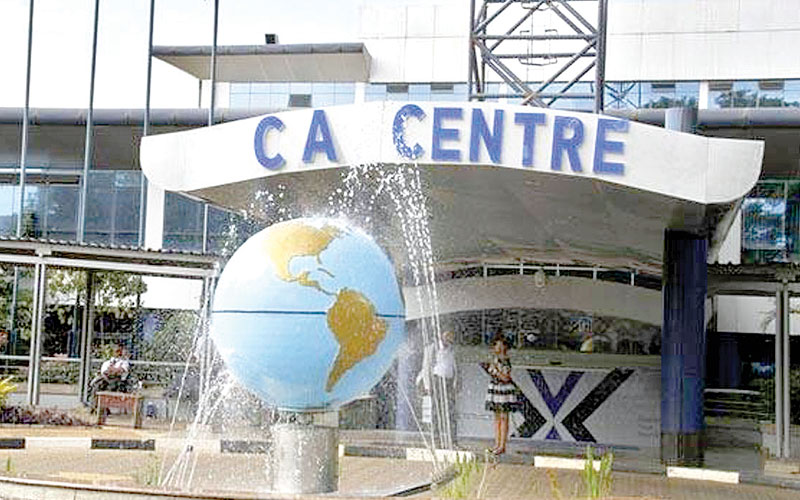PR requires more than technical skills in writing

Society sees public relations (PR) personnel in any institution as wordsmiths.
People whose job is to weave what an organisation wants communicated into words for easy understanding. It also sees them as people who help get across into mass media whatever message an organisation wants to reach the public.
But in reality, PR practitioners or communications officers do more than this. PR entails much more than weaving words into speeches and press release.
It is much more than mobilising media for purposes of enabling an organisation gets its message to the public. Doing this is not enough to help an organisation and its publics to adapt mutually to each other. There is much more to public communication.
Communication officials—be they resident or consultants—play a critical role in the management of society in all its dimensions.
They all “provide both an organisation’s management and public the information they need for making decisions of mutual interest.”
Communications professionals gather, process, and disseminate information or decisions crucial to the establishment, sustenance and restoration of the mutually beneficial interests and aspirations of institutions, and stakeholders or public.
Effective PR is a management function. The practitioner is actually, a devil’s advocate or a boundary spanner per excellence. He listens to and brokers information between the organisation and its key publics.
He is also a problem-solving facilitator who collaborates with other managers to define and solve problems in ways beneficial to organisations and the society.
This role requires that they be a part of the dominant coalition of the organisation and have untrammeled access to other senior managers of an organisation.
What is perhaps more important is that PR personnel spot out issues, risks and approaching dangers that may impair the institution’s ability to effectively discharge its mandate.
Essentially therefore, the functions of PR personnel in an institution are two. First, they interpret the philosophies, policies, programmes and practices of organisation to the public.
Second, he interprets the attitudes of the public to organisation. This means PR must find out what the public really thinks about the firm, and let management know it.
He brings the outsider or public perspective to bear on the thinking about the issues and problems at hand and more crucially, in sounding off dangers or warning signs about the risks that lie ahead of an organisation if this or that is done or is not done.
A Public Relations person must therefore, know the business the organisation is dealing with for him to participate in defining and in solving problems peculiar to that business or institution.
Communication skills, though important, are not enough. One must have strong conceptual and analytical skills.
The skills are handy in not only making sense of operations of the organisation the PR serves, also the vision and mission they stand for—beyond organisation charts and documents in which embodies their strategic plans.
More importantly, they help one to understand the turbulences in the environment and how the changes impact on the organisation.
The information gleaned from the media to conversations with significant publics as well as the grapevine, the information is very useful to an organisation decision-making process.
It follows that the PR professional must have, just like the active journalist, boundless curiosity, keen observation and listening skills, interest in human relationships, integrity, commitment, and a sense of style, tact and fair-mindedness.
What adequately prepares one for the technical aspects of PR? A solid liberal arts/science background and pre-professional training is key to marking one off from the rest.
It is also critical to have professional training in journalism. An institution can get the most from a person with a combination of academics and professional skills. A PR practitioner must be able to effectively engage media institutions. —The writer is the Communications Officer, Ministry of Education












